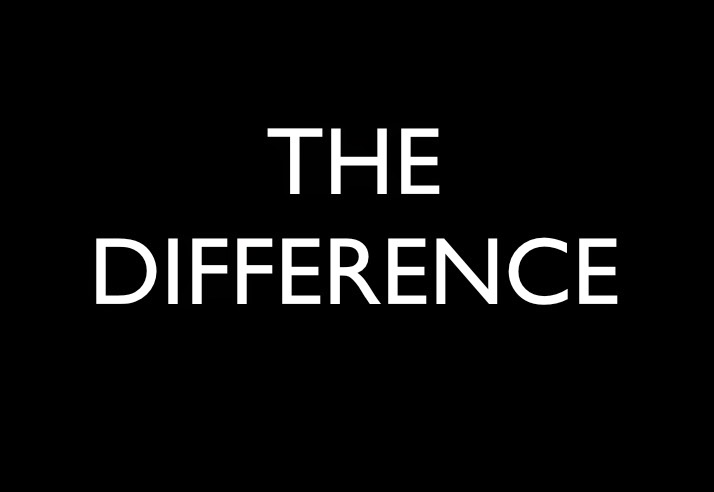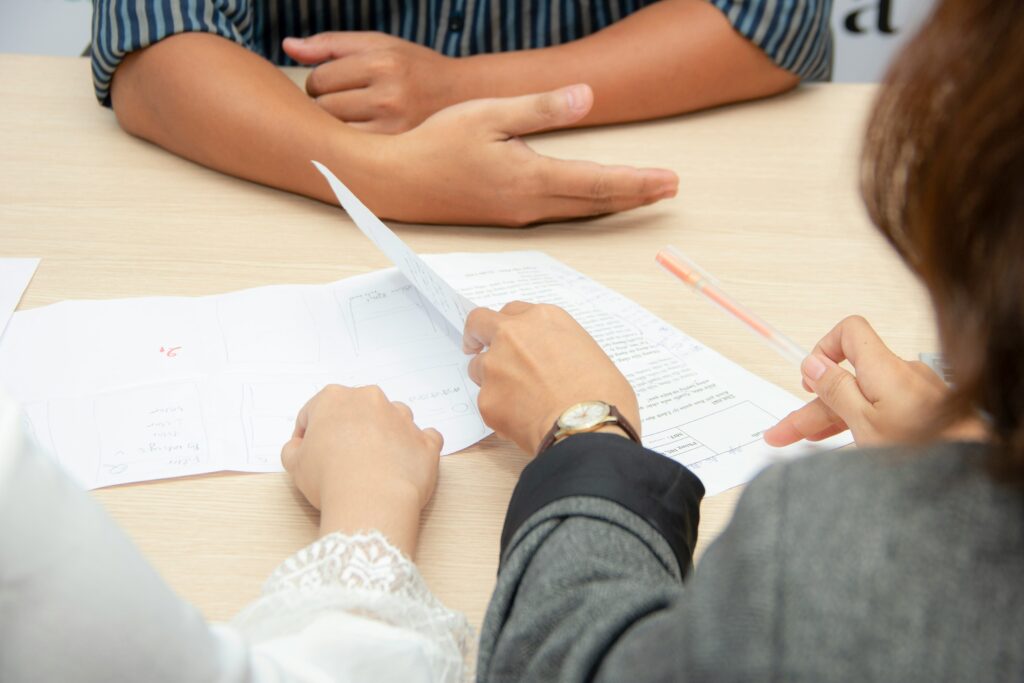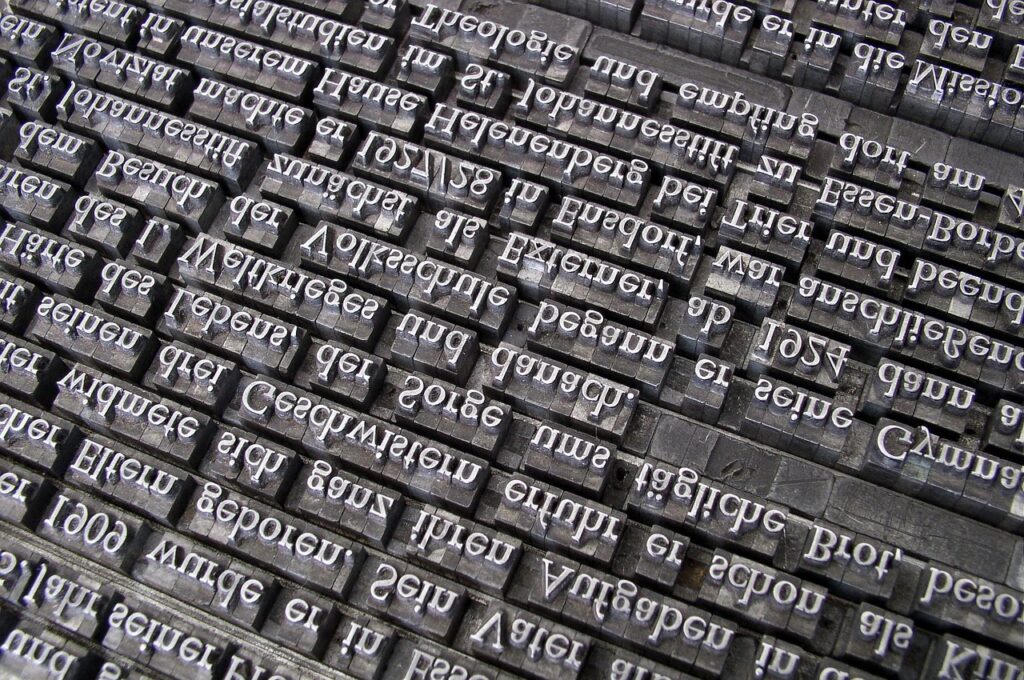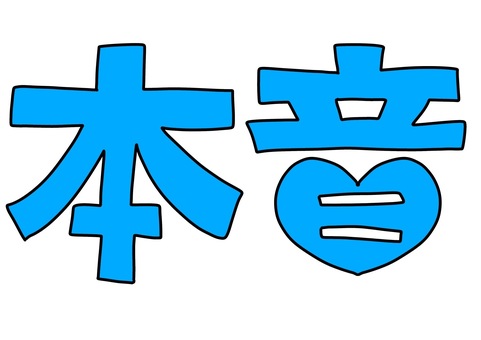本記事はアフィリエイト広告を利用しています。記事内で紹介しているサービスの一部には、広告収益が発生する場合があります。
こんにちは!早稲田大学文化構想学部の現役生です😊 今回は、ホームページでは絶対に得られない、現役早大生だからこそ分かる超リアルな情報をお届けします!受験生や保護者の方々に、文化構想学部の本当の姿を知っていただければと思います。
- 太郎ブログ
- 文化構想学部の理念と目標📚
- 文学部と文化構想学部の違い🤔
- カリキュラムの特徴📝
- 実際の学生生活:「遊文構」と呼ばれる理由🎉
- 1年次の特徴:第二外国語中心の生活🌏
- 6つの論系の紹介🎯
- 入学前の期待と入学後の現実🌟
- 戸山キャンパスの魅力🏫
- 現役生からの本音💬
- まとめ🎉
- Philosophy and Goals of the School 📚
- Differences Between School of Humanities and School of Culture, Media and Society 🤔
- Curriculum Features 📝
- Actual Student Life: Why We’re Called “Asobunko” 🎉
- 1st Year Features: Life Centered on Second Foreign Language 🌏
- Introduction to the 6 Academic Clusters 🎯
- Expectations Before Enrollment vs. Reality After Enrollment 🌟
- Charms of Toyama Campus 🏫
- Honest Thoughts from a Current Student 💬
- Summary 🎉
- References 📖
太郎ブログ
こんにちは!このブログを運営している太郎順平です。
僕は今、早稲田大学に在籍している、ごく普通の男子大学生。実は高校までずっと田舎育ちで、東京に出てくるまでは「満員電車ってのれるのかな?」「いかつい人たくそんいそうだな。」って、期待と同時に色々な不安もありました。
そんな僕だからこそ、早稲田を目指している高校生や、お子さんのことを応援している保護者の皆さんが「本当に知りたい!」と思う情報を、僕自身のリアルな体験談を交えて発信しています。
- 「早稲田って実際のところどうなの?」
- 「受験勉強、正直キツい?」
- 「東京での一人暮らし、ぶっちゃけ費用はどれくらい?」
といった、ネットの表面的な情報だけでは分からない「生の声」を、ありのままお届けしたいと思っています。
早稲田合格までの道のりも、入学してからのキャンパスライフも、決して順風満帆ではなかったけれど、今振り返ると「早稲田に来て本当に良かった!」と心から思います。
このブログが、早稲田を目指す皆さんの一歩先の未来を明るく照らす、そんな役立つ情報源になれたら嬉しいです。何か質問があれば、いつでも気軽にコメントしてくださいね!
文化構想学部の理念と目標📚
まず、文化構想学部の公式な理念をチェックしてみましょう!
- 文化の様相と構造を解明し、表象の分析と文芸の創造に取り組み、人間と社会の本質に迫ることによって新しい時代にふさわしい文化を構想する
- 文化学の叡智を現代の課題で照らし、これまでの学問領域の枠組を大胆に乗り越えて、広領域的・学融合的アプローチを実践する 引用元:教育理念 – 早稲田大学 文化構想学部
難しそうに聞こえますが、一言で表現すると文化構想学部は「新たな地の開拓」なんです!🌟 学びのスタイルはまさにビュッフェ形式で、自分の興味関心に合わせて授業を選択し、新しい知を創造することを目標としています。文化を学んで未来の創造につなげるというのが最大の特徴で、これがめちゃくちゃ楽しいんです😆
文学部と文化構想学部の違い🤔

文学部と文化構想学部は同じ戸山キャンパスにあって、一見すると違いが分かりにくいんですよね💦 でも実は、学びの特徴には明確な違いがあるんです!
学びの特徴の違い:
- 文学部:昔のものを掘り下げて究める📖 → 古典文学や歴史的な文化について深く研究する感じ
- 文化構想学部:現代社会に視点を持って新しいものを創造していく🚀 → 今の社会問題やトレンドを文化的な視点で分析・提案する感じ
個人的には、どちらかというと文化構想学部の方が楽しそうだと感じます(歴史が苦手なので…😅)。また、文化構想学部の方が面白そうなコースの名前をしていますね!「表象・メディア論系」とか「文芸・ジャーナリズム論系」とか、聞いただけでワクワクしませんか?✨
カリキュラムの特徴📝

文化構想学部のカリキュラムは本当に面白い構成になっています!
1年次:第二外国語がメイン
- 週4回の第二外国語授業(これが結構大変!でも楽しい😊)
- 文学部と文化構想学部の学生が混在するクラス → 友達の輪が広がる!
- 第二外国語の単位が成績の大部分を占める → ここを頑張ればGPA爆上がり!📈
2年次:各論系への分属
- 6つの論系から選択(これが本当に悩む…でも楽しい悩み!)
- 各論系の専門科目を履修開始 → やっと本格的な専門分野に突入!
3年次:ゼミ活動
- 選択制でゼミに所属
- より専門的な研究に取り組む → 自分の興味を深掘りできる最高の時間
4年次:卒論執筆
- 4年間の学びの集大成 → 正直めちゃくちゃ大変だけど、達成感がハンパないらしい!
実際の学生生活:「遊文構」と呼ばれる理由🎉
文化構想学部は「遊文構」と呼ばれることがあります!これは決して悪い意味ではなく、学生の自由度の高さを表していて、実際に通っている私たちも誇りに思っています😤 しかし,他の学部からは,暇で良いなーって皮肉を言われることも笑
授業数について
- 週11コマ程度(1日2-3授業)← これ、本当に少ない!
- 国公立大学や理系学部の週20コマ以上と比べると非常に少ない
- それでもフル単位取得可能 → 効率的に学べるってこと!
朝から晩まで授業に追われることがないので、本当に時間に余裕があります!友達と昼ご飯を食べながらゆっくり話したり、図書館で自分の興味のある本を読んだり、そういう大学生らしい時間を過ごせるのが最高です✨
自由時間の活用🌈
授業数が少ない分、学生は本当に様々な活動に時間を使えます:
- サークル活動に専念 → 早稲田のサークルは本当にレベルが高い!種類も豊富!(日本一🎌)
- アルバイトで社会経験を積む → 塾講師、カフェ、イベントスタッフなど多種多様
- 起業やインターンシップ → 意識高い系の友達もたくさんいる!
- 海外旅行や留学 → 長期休暇を利用して世界を見に行く人も多い🌍
- 友人との交流 → 夜遅くまで語り合える仲間がいるって最高!
1年次の特徴:第二外国語中心の生活🌏

1年次は特に第二外国語が重要な位置を占めます!週4回の授業があって、ほぼ毎日同じメンバーと顔を合わせるため、めちゃくちゃ深い友情が育まれます😊 これが本当に文化構想学部の醍醐味の一つ!
また、文学部と文化構想学部の学生が混在するクラスなので、学部を超えた交流が生まれるのも魅力です。「え、あなた文学部だったの?」みたいな会話から始まる友情もあります💕
GPAを高く維持したい学生にとって、第二外国語の成績は特に重要です!単位の大部分を占めるため、しっかりと取り組むことが成功の鍵となります。でも心配しないで!先生たちも優しいし、クラスメイトと一緒に頑張れば絶対に乗り越えられます💪
選択できる第二外国語も豊富で、ドイツ語、フランス語、中国語、韓国語、スペイン語、ロシア語、イタリア語などなど…!
6つの論系の紹介🎯
文化構想学部には以下の6つの論系があります!どれも本当に面白そうで、選ぶのが大変でした💦
- 多元文化論系:地域文化の多様性を総合的に検証 → 世界各地の文化を比較研究!グローバルな視点が身につく🌍
- 複合文化論系:時空を超え、文化の複合的な構造を解明 → 時代を越えた文化の変遷を追いかける!歴史好きにはたまらない📚
- 表象・メディア論系:芸術文化の諸相に多角的にアプローチ → 映画、アニメ、広告などのメディア分析!現代っ子にピッタリ📺
- 文芸・ジャーナリズム論系:文学・文化を通して世界と人間存在の多様性に触れる → 作家志望やジャーナリスト志望の学生に人気!✍️
- 現代人間論系:現代を「ともに生きる」人間のあり方を研究 → 心理学や社会学的なアプローチ!人間について深く考える🤔
- 社会構築論系:過去に学び、現在を知り、未来を拓く → 社会問題を文化的な視点で解決策を考える!社会派の学生に人気📊
入学後に各論系についてのオンデマンド授業があるため、受験時に論系を確定していなくても全く問題ありません!むしろ、入学してから色々な論系を知って、自分に合ったものを選べるのが良いところです😊
入学前の期待と入学後の現実🌟
入学する前と入学後の違いについて感じたこととしては、思ったより忙しくないということです!本当に遊文,遊文講だなというのを自分が通っていて感じますし、時間がありすぎて学校外でどれだけ充実させるかにいつも重きを置いています😆
実際に、筋トレをしたり(戸山キャンパスにはジムもあります!)、バイトをしたり(新宿が近いからバイト先も豊富✨)、友達と遊んだり(カラオケ、ボウリング、映画鑑賞など)、このように記事を書いたりして充実した4年間にしようと思っています💪
この自由度の高さが、文化構想学部の最大の魅力の一つだと言えるでしょう!でも逆に言えば、自分で積極的に動かないと何も始まらないということでもあります。受け身の姿勢だとちょっと物足りない4年間になっちゃうかも😅
戸山キャンパスの魅力🏫
文化構想学部の学生が主に通う戸山キャンパスは、新しくて非常に綺麗な環境が整っています!本当に自慢のキャンパスです✨
キャンパス内の施設:
- スターバックス → 勉強のお供に最高!試験期間は席取り合戦😅
- カフェテリア → 安くて美味しい学食ではないです(普通の値段で普通の味です)!友達との憩いの場💕
- コンビニ → 24時間営業じゃないけど、必要なものは大体揃う!
- パン屋 → 焼きたてパンが最高!朝イチで買いに行く人も多い🥐
- 戸山専用図書館 → 静かで集中できる!レポート作成の強い味方📚
これらの施設により、キャンパス内でほぼ全てが完結する便利な環境となっています!新宿も近いので、ちょっと遊びに行くのも簡単です🚃
キャンパスは緑も多くて、春は桜がめちゃくちゃ綺麗です🌸 インスタ映えスポットもたくさんあるので、写真好きの学生にもおすすめ!
現役生からの本音💬

正直に言うと、文化構想学部は「文化」という名前が付いていますが、実際には文化っぽくない側面も多くあります😅 でも、これは決して否定的な意味ではありません!
この学部の真価は、いろいろなことを学んで未来につなげる多角的な視点を身につけられる環境にあります。自分の好きなことや追求したいものがある人にとっては、とても良い研究環境が整っています💪
文化構想学部の良いところ:
- 自由度が高い!自分のペースで学べる
- 友達がたくさんできる!特に第二外国語のクラスメイト
- 時間に余裕があるので、色々なことに挑戦できる
- 新しい視点で物事を考えられるようになる
- 就活でも「何でもできそう」という印象を持ってもらえる
ちょっと大変なところ:
- 自由すぎて、何をしたらいいか分からなくなることも😅
- 自分で目標を設定しないと、なんとなく4年間が過ぎちゃう
- 専門性が曖昧に見られることもある(でも逆に幅広さが武器になる!)
まとめ🎉
文化構想学部は、とにかく楽しい学部です!「遊文構」と呼ばれるように学校にいる時間は少ないですが、その分、学校外でどのような活動をしたかが大学生活の充実度を左右します💫
自由度が高い分、自分で積極的に行動を起こす姿勢が重要です!サークル、アルバイト、起業、海外経験など、様々な可能性が開かれています。私の友達には、在学中に起業した人、海外で長期インターンをした人、プロのダンサーになった人など、本当に多様な道を歩んでいる人がいます😊
受験生の皆さんには、この自由度の高さを活かして、自分なりの大学生活を設計してもらいたいと思います!文化構想学部は、そのための最適な環境を提供してくれる学部だと確信しています。
みなさんも一緒に、戸山キャンパスで素敵な4年間を過ごしませんか?✨ 質問があれば、いつでも聞いてくださいね!応援しています📣
参考文献
教育理念 – 早稲田大学 文化構想学部 https://www.waseda.jp/flas/cms/about/policy/
論系の紹介 – 早稲田大学 文化構想学部 https://www.waseda.jp/flas/cms/about/theoretical/
Waseda University School of Culture, Media and Society: Real Student Life as Told by a Current Student 🎓✨
Hello! I’m a current student at Waseda University’s School of Culture, Media and Society 😊 Today, I’ll share ultra-realistic information that you absolutely cannot get from the official website – insights only a current Waseda student can provide! I hope this helps prospective students and parents understand what this school is really like 💪
Philosophy and Goals of the School 📚
First, let’s check out the official philosophy of the School of Culture, Media and Society!
- To elucidate the aspects and structures of culture, engage in the analysis of representation and the creation of literature and arts, and approach the essence of humanity and society to envision culture befitting a new era
- To illuminate the wisdom of cultural studies with contemporary issues, boldly transcend the frameworks of conventional academic domains, and practice interdisciplinary and fusion approaches
This might sound complicated, but in simple terms, the School of Culture, Media and Society is about “pioneering new territories”! 🌟 The learning style is exactly like a buffet format, where you choose classes based on your interests and aim to create new knowledge. The biggest feature is learning about culture to contribute to creating the future, and this is incredibly fun! 😆
Differences Between School of Humanities and School of Culture, Media and Society 🤔
The School of Humanities and School of Culture, Media and Society are both located on the same Toyama Campus, making their differences hard to distinguish at first glance 💦 However, there are clear differences in their learning characteristics!
Learning Characteristic Differences:
- School of Humanities: Investigating and deeply studying historical materials 📖 → Deep research into classical literature and historical culture
- School of Culture, Media and Society: Creating new things with a focus on contemporary society 🚀 → Analyzing and proposing solutions to current social issues and trends from a cultural perspective
Personally, I find the School of Culture, Media and Society more appealing (since I’m not good at history… 😅). Also, the School of Culture, Media and Society has more interesting course names! Don’t names like “Representation and Media Studies” or “Literature and Journalism Studies” sound exciting? ✨
Curriculum Features 📝
The curriculum of the School of Culture, Media and Society has a really interesting structure!
1st Year: Second Foreign Language is Main
- 4 second foreign language classes per week (this is quite challenging! But fun 😊)
- Classes mixed with students from both School of Humanities and School of Culture, Media and Society → Your circle of friends expands!
- Second foreign language credits make up most of your grades → Work hard here and your GPA will skyrocket! 📈
2nd Year: Assignment to Academic Clusters
- Choose from 6 academic clusters (this is really hard to decide… but it’s a fun dilemma!)
- Begin taking specialized courses in each cluster → Finally diving into your specialty!
3rd Year: Seminar Activities
- Optional seminar participation (some don’t join, but it’s definitely more fun if you do!)
- Engage in more specialized research → The best time to deep-dive into your interests
4th Year: Thesis Writing
- The culmination of 4 years of learning → Honestly incredibly tough, but the sense of achievement is incredible!
Actual Student Life: Why We’re Called “Asobunko” 🎉
The School of Culture, Media and Society is sometimes called “Asobunko” (Play Culture Construction)! This isn’t meant negatively at all – it represents the high degree of freedom students have, and we who attend are actually proud of it 😤
About Class Load
- About 11 classes per week (2-3 classes per day) ← This is really few!
- Much fewer compared to 20+ classes per week at national universities or science departments
- Still possible to get full credits → This means you can study efficiently!
Since you’re not chased by classes from morning to night, you really have time to spare! You can leisurely chat with friends over lunch, read books that interest you in the library – you can spend time like a real university student, which is amazing ✨
Utilizing Free Time 🌈
With fewer classes, students can really spend time on various activities:
- Dedicating to club activities → Waseda’s clubs are really high-level!
- Gaining social experience through part-time jobs → Cram school instructor, café staff, event staff, etc.
- Entrepreneurship and internships → There are many ambitious friends too!
- Overseas travel and study abroad → Many people use long vacations to see the world 🌍
- Socializing with friends → Having companions you can talk with until late at night is the best!
1st Year Features: Life Centered on Second Foreign Language 🌏
Second foreign language plays a particularly important role in the first year! With 4 classes per week, you meet the same members almost daily, so incredibly deep friendships develop 😊 This is truly one of the highlights of the School of Culture, Media and Society!
Also, since classes mix students from both School of Humanities and School of Culture, Media and Society, cross-departmental friendships bloom. Friendships that start with conversations like “Oh, you were in the School of Humanities?” are common 💕
For students who want to maintain a high GPA, second foreign language grades are especially important! Since they make up most of your credits, working hard on them is key to success. But don’t worry! The teachers are kind, and if you work hard with your classmates, you can definitely overcome it 💪
The selection of second foreign languages is also abundant – German, French, Chinese, Korean, Spanish, Russian, Italian, and more…! My friend chose Korean, got into K-POP, and even went to study in Korea 😆
Introduction to the 6 Academic Clusters 🎯
The School of Culture, Media and Society has the following 6 academic clusters! They all look so interesting that choosing was really difficult 💦
- Multicultural Studies: Comprehensively examining the diversity of regional cultures → Comparative research on cultures worldwide! Develops a global perspective 🌍
- Composite Culture Studies: Elucidating the composite structures of culture across time and space → Tracing cultural changes across eras! Perfect for history lovers 📚
- Representation and Media Studies: Multifaceted approaches to various aspects of artistic culture → Analysis of movies, anime, advertisements, and other media! Perfect for modern kids 📺
- Literature and Journalism Studies: Touching on the diversity of the world and human existence through literature and culture → Popular among aspiring writers and journalists! ✍️
- Contemporary Human Studies: Researching ways of being human that “live together” in the contemporary era → Psychological and sociological approaches! Deep thinking about humanity 🤔
- Social Construction Studies: Learning from the past, understanding the present, and opening the future → Thinking about solutions to social problems from a cultural perspective! Popular among socially conscious students 📊
Since there are on-demand classes about each cluster after enrollment, it’s perfectly fine if you haven’t decided on a cluster during the application period! Rather, it’s great that you can learn about various clusters after enrollment and choose what suits you best 😊
Expectations Before Enrollment vs. Reality After Enrollment 🌟
What I felt about the difference between before and after enrollment is that it’s not as busy as I thought! I really feel that we do play a lot, as I experience it myself, and I always focus on how to make the most of my time outside school since I have so much time 😆
Actually, I work out (there are gyms near Toyama!), work part-time (there are plenty of part-time job opportunities since Shinjuku is nearby ✨), hang out with friends (karaoke, bowling, movie watching, etc.), and write articles like this to make my 4 years fulfilling 💪
This high degree of freedom is one of the greatest attractions of the School of Culture, Media and Society! But conversely, it also means nothing will start if you don’t actively take action yourself. If you’re too passive, you might end up with a somewhat unsatisfying 4 years 😅
Charms of Toyama Campus 🏫
Toyama Campus, where School of Culture, Media and Society students mainly attend, is new and has an extremely beautiful environment! It’s truly our pride and joy ✨
Campus Facilities:
- Starbucks → Perfect companion for studying! Seat competition during exam periods 😅
- Cafeteria → Cheap and delicious student dining! A relaxing place with friends 💕
- Convenience store → Not 24/7, but has most necessities!
- Bakery → Fresh-baked bread is amazing! Many people rush to buy in the morning 🥐
- Toyama-exclusive library → Quiet and perfect for concentration! Strong ally for report writing 📚
With these facilities, you can complete almost everything within campus! Shinjuku is also nearby, so it’s easy to go out for fun 🚃
The campus has lots of greenery, and the cherry blossoms are absolutely beautiful in spring 🌸 There are many Instagram-worthy spots, so it’s recommended for photography-loving students too!
Honest Thoughts from a Current Student 💬
To be honest, while the School of Culture, Media and Society has “culture” in its name, there are actually many aspects that aren’t very culture-like 😅 But this isn’t meant negatively at all!
The true value of this school lies in its environment where you can learn various things and develop multifaceted perspectives to contribute to the future. For people who have something they love or want to pursue, it’s a very good research environment 💪
Good Points of the School of Culture, Media and Society:
- High degree of freedom! You can learn at your own pace
- You can make lots of friends! Especially second foreign language classmates
- Time to spare, so you can try various things
- You can learn to think about things from new perspectives
- In job hunting, you get the impression of being “capable of anything”
Somewhat Challenging Points:
- Too much freedom can sometimes make you wonder what to do 😅
- Without setting goals yourself, 4 years might pass by vaguely
- Specialization might seem ambiguous (but breadth becomes a weapon!)
Summary 🎉
The School of Culture, Media and Society is an incredibly fun school! As called “Asobunko,” while time spent at school is limited, what you do outside school determines how fulfilling your university life becomes 💫
With high freedom comes the need for a proactive attitude! Clubs, part-time jobs, entrepreneurship, overseas experiences – various possibilities are open. Among my friends, there are people who started businesses while enrolled, did long-term internships abroad, became professional dancers – people really walking diverse paths 😊
I hope prospective students will use this high degree of freedom to design their own university life! I’m confident that the School of Culture, Media and Society provides the optimal environment for this.
Won’t you join us in spending wonderful 4 years at Toyama Campus? ✨ Feel free to ask if you have any questions! I’m cheering for you 📣
References 📖
- Educational Philosophy – Waseda University School of Culture, Media and Society
- Introduction to Academic Clusters – Waseda University School of Culture, Media and Society


